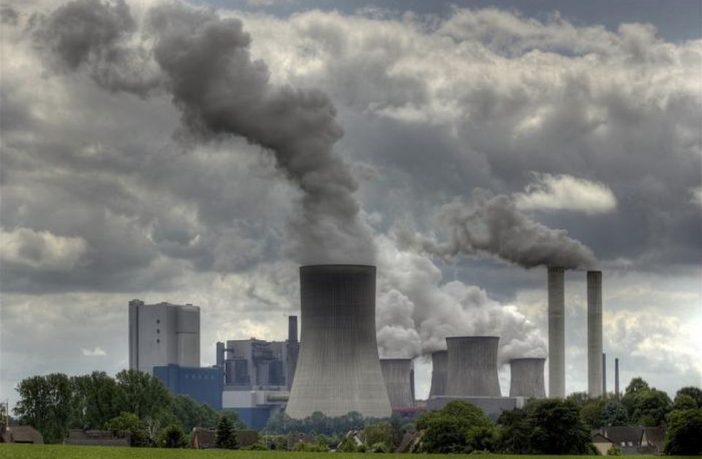- The UN’s climate body (UNFCCC) has released an assessment of the 48 national emission reduction plans submitted by the end of 2020.
- While most countries have incrementally increased ambition, the combined impact puts them on a path to achieve only a 1% reduction of emissions by 2030 compared to 2010 levels.
- The Intergovernmental Panel on Climate Change warns emission reduction ranges to meet the 1.5C temperature goal should be around 45% lower, and 25% to avoid 2C of warming.
“2021 is a make or break year to confront the global climate emergency. The science is clear, to limit global temperature rise to 1.5C, we must cut global emission by 45% by 2030 from 2010 levels. The interim report from the UNFCCC is a red alert for our planet. It shows governments are nowhere close to the level of ambition needed to limit climate change to 1.5 degrees and meet the goals of the Paris Agreement. The major emitters must step up with much more ambitious emissions reductions targets for 2030 in their Nationally Determined Contributions well before the November UN Climate Conference in Glasgow.” commented Antonio Guterres, Secretary General of the United Nations.
“This report shows that current levels of climate ambition are very far from putting us on a pathway that will meet our Paris Agreement goals. I call on all parties – even those who have submitted NDCs – to reflect on this and increase ambition. At the moment it is like we are walking into a minefield blindfolded. What we need is much more radical and transformative than we have now. We need concrete plans to phase out fossil fuels as fast as possible.” said Patricia Espinosa, Executive Secretary of UN Climate Change.
Analysis from Climate Action Tracker suggests of the major economies to have submitted new targets, only the UK, EU, Argentina, Chile, Norway, Kenya and Ukraine represented a shift in ambition. Japan, South Korea, Russia, New Zealand, Switzerland, Australia all delivered plans that failed to improve on their 2015 target. Brazil’s climate plan lacked any goals to cut emissions by 2030, or to stem rising deforestation rates.
Tougher plans are expected from the US and China – which together account for nearly 30% of global GHG – ahead of a US-hosted April 22 climate summit.
“It’s staggering how far off track countries are to dealing with the climate crisis. Currently they are set to achieve just a 1% reduction of emissions by 2030 compared to 2010 levels. Considering how much more we know about the climate emergency since 2010 that is staggering. If you would believe the rhetoric of world leaders you’d think they were making great progress and about to solve it. This is why it’s good to have a report that lays out the facts in stark reality. Some countries have done well upgrading their Paris Agreement pledges, but many others, such as Brazil, Japan, Australia, Mexico and even New Zealand have shamefully done nothing. This state of affairs cannot continue and we need to see things change dramatically at the COP26 summit in the UK this year.” commented Mohamed Adow, Director of Power Shift Africa.
While G20 energy-related CO2 emissions decreased by 0.1% in 2019, the world’s major economies are collectively failing to deliver on climate. The bloc, which accounts for around 75% of global emissions – directed around 30% of COVID stimulus funds into green areas, a Climate Transparency report revealed in late 2020, with Russia, Mexico and Saudi Arabia outliers in offering no support to clean energy.
Author: Bryan Groenendaal















